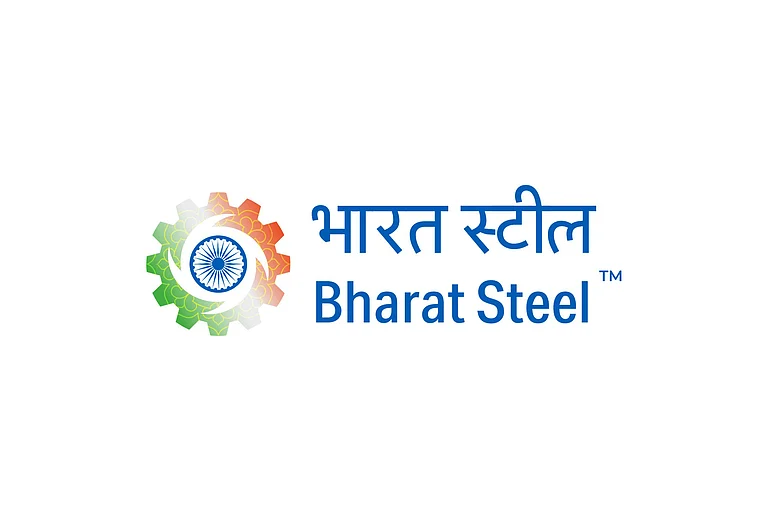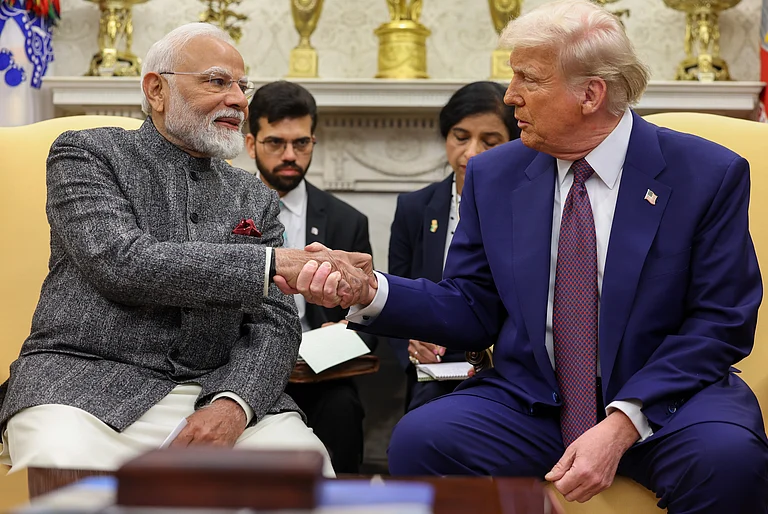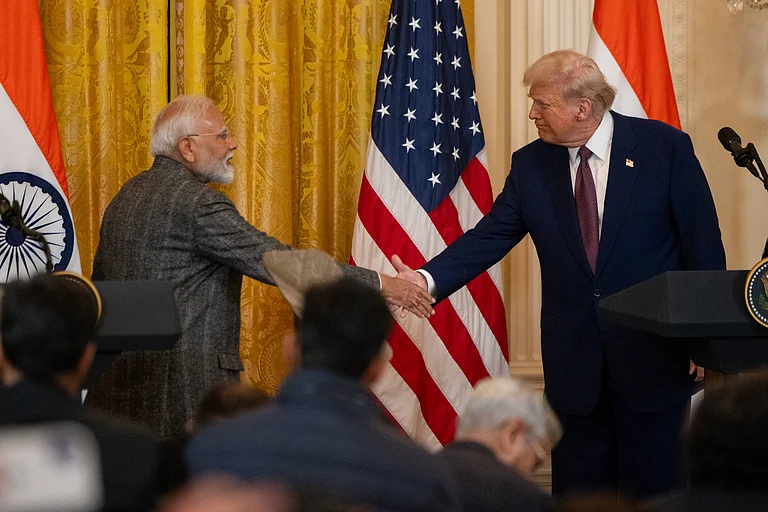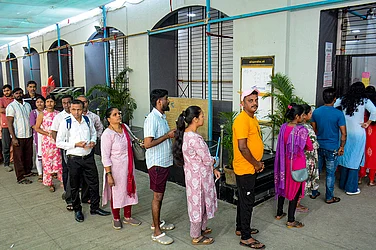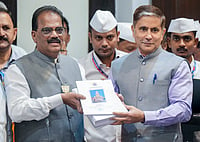
US' decision to impose tariffs of up to 50 percent has sparked concerns among India’s dairy industry
India has held its position as the world’s largest milk producer for over two decades, accounting for nearly 25% of global output
Industry observers warn that dairy processors in Gujarat, Rajasthan, and parts of Uttar Pradesh—where casein and milk powder plants operate—may soon see falling orders
The United States’ decision to impose total tariffs of up to 50 percent on Indian imports has sparked concerns among India’s dairy industry, particularly exporters of milk proteins such as casein.
India has held its position as the world’s largest milk producer for over two decades, accounting for nearly 25% of global output and contributing about 5% to the country’s economy. In 2024, milk production stood at an estimated 239 million metric tonnes (mmt). The sector provides livelihoods to more than 80 million farmers, many of them smallholders, underscoring its importance to rural households.
In comparison, the US dairy industry is dominated by large-scale farms. Just 24,470 farms produced around 104 mmt of milk in 2024, a steep decline from about 600,000 in the 1970s. Today, more than 45% of US dairy farms rear over 2,500 cows, while smaller farms with fewer than 1,000 cattle make up only 35%.
Industry observers warn that dairy processors in Gujarat, Rajasthan, and parts of Uttar Pradesh—where casein and milk powder plants operate—may soon see falling orders. A slowdown in exports could lead to rising domestic inventories of skimmed milk powder and fat products, depressing local prices and squeezing farmgate earnings.
RS Sodhi, president of the Indian Dairy Association, highlighted that the US extends nearly $30 billion in agricultural subsidies, of which $10 billion goes to a handful of dairy farms. India, in contrast, provides no direct subsidies to its 80 million dairy farmers. “The government must not concede any ground in dairy during trade talks,” Sodhi cautioned. “Any tinkering with current policy risks destabilising the sector and jeopardising millions of livelihoods. Competition can only be fair when both sides are equal.”
The effect will be less pronounced for farmers supplying liquid milk to domestic metro markets, where demand remains robust and largely insulated from tariff shocks. However, smallholders linked to export-oriented processors may feel the pinch as plants manage utilization by reducing or pacing milk collection.
Former finance minister P Chidambaram highlighted that India cannot give up or take the dairy sector lightly. “Our bargaining chip is our large consumer market. No, we can’t give up our policy on agriculture and dairy especially now when the number of workers in the primary sector, which is agriculture and dairy primarily, has risen by 4% under PM Modi. Roughly 45% of our workforce is in these sectors. Their contribution to the GDP may only be 15-17% but the number of people involved is larger than the US population. We can’t jeopardise their lives and livelihoods,” he said to Business Today.
Policymakers are considering steps to cushion the blow, including interest support for export-oriented processors, institutional milk purchases to draw down inventories, and negotiations with alternative markets in the Middle East and Asia. For now, exporters are renegotiating contracts and diverting consignments to Gulf and Asian buyers, though margins there are thinner compared to U.S. deals. Much will depend on how long the tariffs remain in place and whether exemptions are carved out for specific dairy products.
Prime Minister Narendra Modi has pledged unwavering support for India's farmers and dairy sector as the United States prepares to impose a 50% tariff on Indian goods, effective August 27. The new duties are expected to significantly affect India's dairy exports, particularly casein and skim milk powder, which are key components in the country's dairy export portfolio. Addressing the nation ahead of the tariff implementation, Prime Minister Modi stated, "For us, the welfare of our farmers is paramount. India will never compromise on the interests of its farmers, dairy sector, and fishermen. Even if I have to bear a personal cost, I am prepared to do so to protect our farmers' interests."








